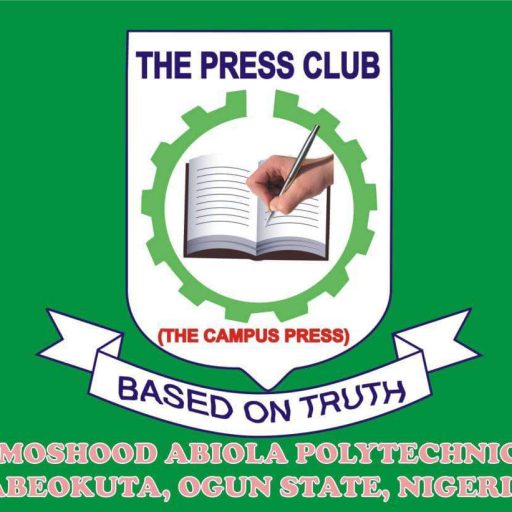
Edun Yusuf
The truth of the matter is that most of us are not infallible to these grammatical errors. However, it is nothing to worry about. After all, English is not our native tongue. But, If we must converse in English, we must make every effort to choose the appropriate vocabulary.
I want to barb my hair or I want to barber my hair?
The expression “I want to barb my hair” is one of the frequent grammatical mistakes made by Nigerians.
“To barb” is not a verb in this context. “Barber” is the appropriate term to use, meaning “to cut the hair or beard of (a person)”.
Despite this, the British Dictionary acknowledged that Nigerians use the word “barb”.
I want to barber my hair – right
I want to barb my hair – wrong
Barber (Noun)
“Barber” equally means a “haircutter”.,i.e.,a person whose profession is cutting (usually male) customers’ hair and beards.
Hence, one could have humourous expression such as “the barber babers my hair dexterously”.
Below are other most common errors in English sentences and their corrections.
Personal or Personally?
The difference between “personal” and “personally” is a matter of grammar and usage. “Personal” is an adjective, and it describes a noun or pronoun.
“Personally” is an adverb, and it describes or modifies a verb.
In the phrase “taking it personally,” “taking” is the verb, and “personally” is the adverb that describes how you’re taking it.
“Taking it personal” is incorrect, because “personal” is an adjective and not an adverb.
You’re taking it personally (right)
You’re taking it personal (wrong)
Does that help make sense of why “taking it personally” is the correct phrase?
Hear or Hearing?
As an example of a stative verb, “hear” describes a state as opposed to an action. Hence, it isn’t usually used in continuous form. If used with “ING”, it will mean something else.
“Hearing”, in that case, will mean court proceeding. It will mean a state of listening if used as an adjective and noun respectively.
However, to use it as a verb, it has to be in its base form.,i.e., without ING or any other form.
I can hear you – correct
I’m hearing you – wrong
Borrow or Lend?
“Borrow” and “lend” are opposite actions, and they go together. “Borrow” is the act of taking something temporarily, and “lend” is the act of giving something temporarily.
For example, if you “borrow” a book from the library, you are taking the book for a certain period of time.
The library is “lending” the book to you, because they are giving it to you temporarily.
Does that make sense? I can give you another more example:
If you “borrow” money from a friend, you are taking the money temporarily. Your friend is “lending” you the money because they are giving it to you with the understanding that you will return it.
Do you see how these two actions are opposites, but they’re also connected? One action can’t happen without the other.
Borrow me your pen – wrong
Lend me your pen – correct
I want to borrow your pen – correct
I want to lend your pen – wrong
Horn or Honk?
“Horn” is a noun that refers to the physical object on a car or other vehicle that makes a loud noise. “Honk” ,on the other hand, is a verb that means to make a loud noise with a horn. So, you “honk” a “horn.”
Here’s an example: When the cars in front of me wasn’t moving, I used the horn to honk at them. In this example, the “horn” is the object, and “honk” is the action.
Does that make sense?
Horn at the car in front – wrong
Honk at the car in front – correct

